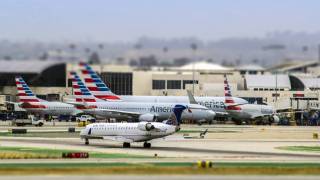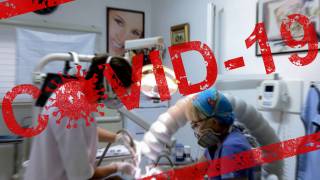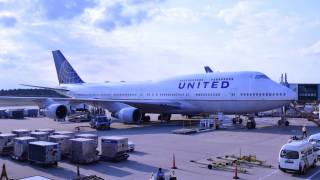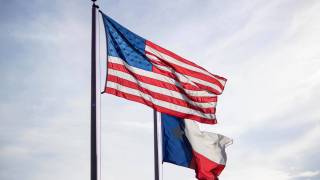Pooled Sampling Now Authorized to Reduce Testing Backlogs
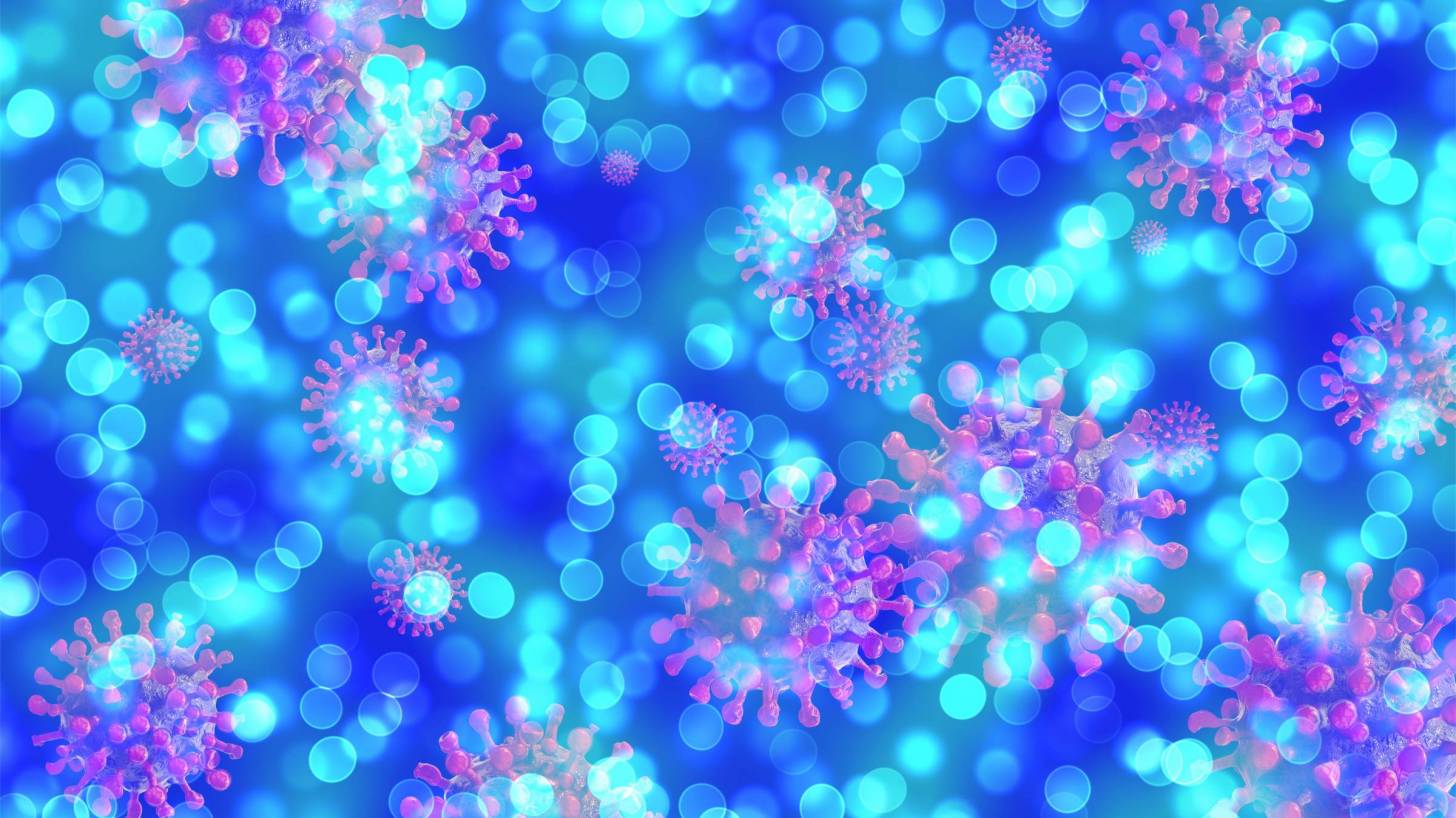
The U.S. Food and Drug Administration (FDA) reissued an emergency use authorization (EUA) to Quest Diagnostics to authorize its Quest SARS-CoV-2 rRT-PCR test for use with pooled samples containing multiple swab specimens collected under observation.
As of July 18, 2020, this Quest test is the first COVID-19 diagnostic test to be authorized for use with pooled samples.
Sample pooling is an important public health tool because it allows for more people to be tested quickly using fewer testing resources, says the FDA.
Sample pooling does this by allowing multiple people – up to 4 individuals – to be tested at once. The samples collected from these individuals are then tested in a pool or “batch” using one test, rather than running each individual sample on its own test.
If the pool is positive, it means that one or more of the individuals tested in that pool may be infected, so each of the samples in that pool is tested again individually.
Because the samples are pooled, it is expected that fewer tests are run overall, meaning fewer testing supplies are used and more tests can be run at the same time allowing patients to receive their results more quickly in most cases. This testing strategy is most efficient in areas with low prevalence, meaning most results are expected to be negative.
“This EUA for sample pooling is an important step forward in getting more COVID-19 tests to more Americans more quickly while preserving testing supplies,” said FDA Commissioner Stephen M. Hahn, M.D., in a press statement.
“Sample pooling becomes especially important as infection rates decline and we begin testing larger portions of the population.”
While there is a concern that combining samples may make it more difficult to detect positives since pooling in the laboratory dilutes any viral material present in the samples, Quest’s validation data demonstrates that its test correctly identified all of the pooled samples that contained a positive sample.
It is important to note that the Quest test, initially authorized on March 17, 2020, remains authorized to test individual samples collected by their health care provider from people with suspected COVID-19 infection.
The test is also still authorized for use with individual nasal swab specimens that are self-collected at home or in a health care setting using an authorized home-collection kit when determined to be appropriate by a health care provider.
The FDA continues to work with a number of diagnostic test developers to facilitate new approaches and get additional tests to more Americans more quickly.
The FDA is an agency within the U.S. Department of Health and Human Services, protects the public health by assuring the safety, effectiveness, and security of human and veterinary drugs, vaccines and other biological products for human use, and medical devices.
Precision Vaccinations publishes coronavirus test development news.
Our Trust Standards: Medical Advisory Committee








